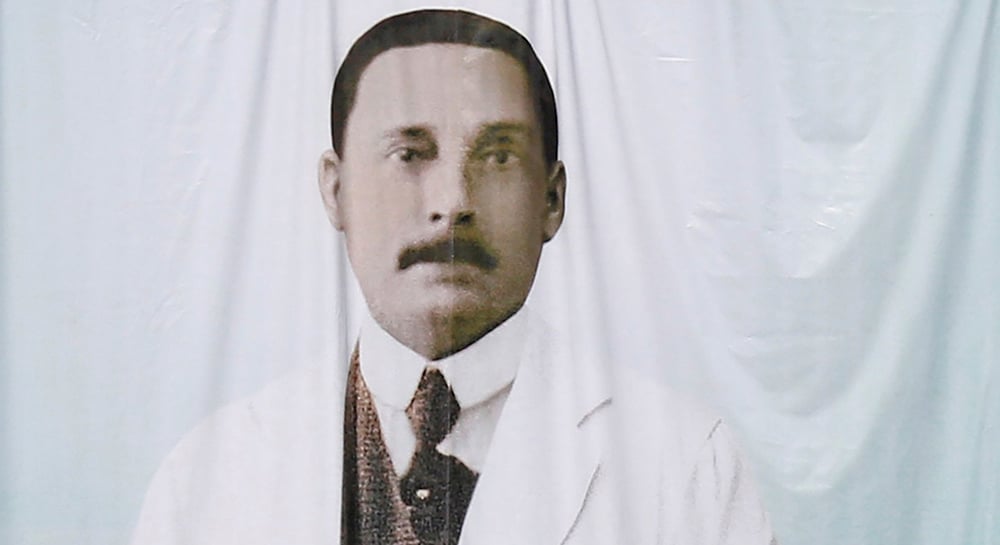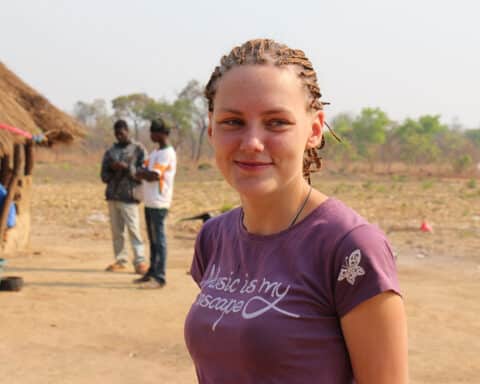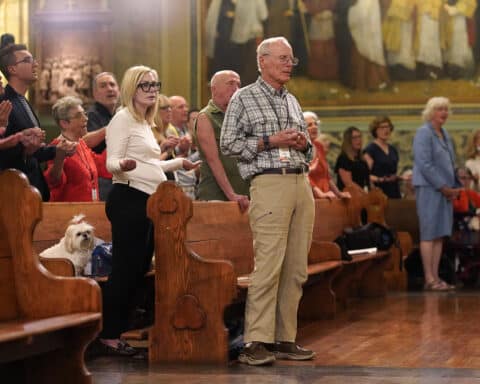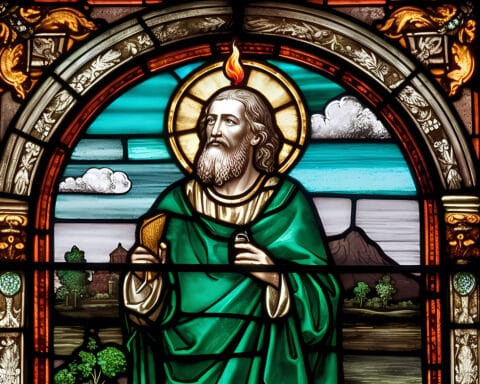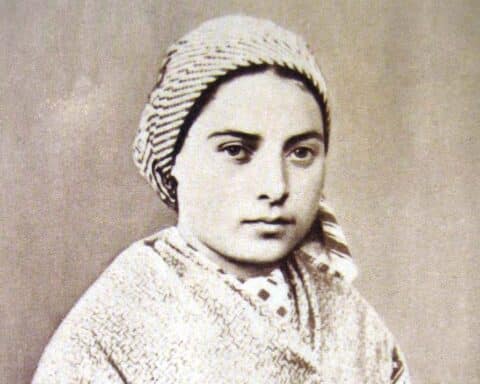Amid the suffering due to a devastating economic crisis and a global pandemic, the beatification of José Gregorio Hernández, affectionately known as the “doctor of the poor,” is a testament of the faith and hope of the people of Venezuela, Pope Francis said.
In a video message released by the Vatican April 29, the pope said Hernández’s beatification “is a special blessing of God for Venezuela” and an example for Venezuelans to follow as they work toward reviving the country “with a spirit of reconciliation.”
“This is a grace that should be asked for: the spirit of reconciliation,” he said. “Because there are always problems in families, in cities, in society, there are people who look at each askance, who see each other badly, reconciliation is always needed.”
Due to the pandemic, a pared-down beatification Mass was to take place April 30 at the Central University of Venezuela in Caracas.
Born in 1864 in the Andean village of Isnotu, about 460 miles west of Caracas, Hernández studied medicine in Venezuela and at the famed Pasteur Institute in Paris.
While in Europe, he attempted on two occasions to join a monastery, but weak health prevented him from becoming a monk.
Upon his return to Venezuela, he practiced medicine and would often visit sick patients without asking for payment for his services. His generosity led to locals calling him “the doctor of the poor.”
His life was tragically cut short in 1919 when, after picking up medicine for a patient at a pharmacy, he was struck down by a passing car. Since then, Venezuelans’ devotion to Hernández has remained strong and people have attributed healings to his intercession.
In his message, the pope said he knew many Venezuelans have been waiting eagerly for the beatification of “the doctor of the people who, together with Our Lady of Coromoto, intercedes for his fellow countrymen and for all of us.”
“I confess that I haven’t met a Venezuelan here in the Vatican, either in the square or in a private audience, who in the middle of a conversion hasn’t asked, ‘And when is Gregorio’s beatification?’ They carried him in their souls. Well, now this wish has been granted,” he said.
For “Christians and all people of goodwill,” the pope said, Hernández is an example of a disciple of Christ who was “the epitome of personal kindness and of the civic and religious virtues of openness, sensitivity to pain, with modesty and humility in his life and professional practice.”
“He is a model of holiness committed to the defense of life, to the challenges of history and, particularly, as a paradigm of service to others, as a good Samaritan who excludes no one. He is a man of universal service,” the pope said.
Like Christ, who washed the feet of his disciples at the Last Supper, Hernández saw others as his equals “without belittling or looking down on anyone,” the pope said. And he was always ready to help those in need.
“Sometimes we think that no one needs help, that we are autonomous, that we do not need anything, even forgiveness, don’t we?” the pope asked. “We all need help, all of us. We all need forgiveness.”
Pope Francis also used the video message to express his hope to visit Venezuela, and he said he continues to “pray to God for reconciliation and peace among Venezuelans.”
“I sincerely believe that this moment of national unity, around the figure of the people’s doctor, represents a singular hour for Venezuela, and demands that you go beyond, that you take concrete steps in favor of unity, without letting yourselves be overcome by discouragement,” he said.

